It’s been a typical Friday. After my usual routine of breakfast and online browsing, my weekly SuperValu grocery delivery arrives around 11:00am. I update my to-do list with the latest job postings. As forecasted, it’s a rainy grey day out, so I decide to stay in to finish this week’s reading assignments for my CMA study programme and review some previous material. After lunch, I finally stop procrastinating and set about working on my taxes. They’re about as bad as I expected, given my self-employment income and opting out of any withholdings from my unemployment benefits. I’m just thankful they’re not worse.
Coronavirus / COVID-19
There has been a kerfuffle in the press in the last 24 hours regarding statements made by the Irish government regarding the duration of COVID-19 restrictions. In an interview yesterday, Taoiseach Micheál Martin said that it will be “well into April” before restrictions will be eased, which could mean another nine weeks (!) of lockdown. The UK variant (B117), which accounts for 90% of new cases in Ireland, is being blamed for the plateauing in new COVID-19 cases. In the meantime, school reopenings are being phased in during March.
Fewer banking options in Ireland
Another headline has been Ulster Bank’s announcement that it will be withdrawing from the Republic of Ireland market after 160 years. With 1.1 million customer and almost 3,000 employees, it’s the third largest bank in the country after Allied Irish Bank (AIB) and the Bank of Ireland. The lack of competition and consumer choice in the banking sector was already a problem in Ireland. Many people have turned to virtual phone app-based alternatives such as Revolut, which technically isn’t a bank but an “electronic money institution.” I’m still using TransferWise, which so far has worked just fine for my needs.
What are those bells on the radio?
Despite living here for more than four months now, I’m still learning new nuances of Irish culture and life. The limitation on social interactions during lockdown has made this a slow process.
For awhile now, I’ve wondered what the story is behind the ringing of bells on the radio every day at 6:00pm. Originally I had assumed that the number of chimes (18) referred to 18:00 in 24-hour time. This was a red herring. The ringing of the bells is based on the Angelus — a Roman Catholic devotion commemorating the Incarnation of Jesus and including the Hail Mary, which traditionally was said at morning, noon, and sunset. Since 1950, “The Angelus” has been broadcast by RTÉ on the radio twice a day at 12pm and 6pm every day and once a day on TV at 6pm immediately before the evening news. The bells ring in a pattern of three groups of three peals, each group separated by a pause, followed by a group of nine peals, for a total of eighteen rings over the course of 1 minute.
Originally, the ringing of the bells was broadcast live on the radio from St. Mary’s Pro Cathedral, the “acting” Catholic cathedral in Dublin (the city’s two bonafide cathedrals, Christchurch and St. Patrick’s, technically belong to the Church of Ireland). At some point the live radio broadcast was replaced with a recording.
Some of the historical TV broadcasts of the Angelus can be found online by searching for “YouTube Angelus RTÉ” (here’s one pre-2009 version). Since 2009, the TV broadcast no longer includes Catholic imagery and the Angelus prayer itself is never broadcast. Instead, there are seven different editions of new TV segments, with a different person shown in each one. Featured people include a chemist from Finglas, a mother from Sixmilebridge, grandparents feeding swans in Shannon, a fisherman from Enniscorthy and an office worker from Zambia at her office near the Phoenix Park. Also, since 2015 on Fridays the standard TV segments are replaced by “The People’s Angelus”, which are segments produced by ordinary people, artists, and aspiring filmmakers.
There is ongoing debate about whether RTÉ should continue broadcasting the Angelus, as evidenced by news articles as recent as January 2021; some were calling for the tradition to end in the wake of the Mother and Baby Homes Commission Report being released. However, RTÉ has said the broadcasts will continue for now, citing opinion polls indicating over two-thirds of the Irish public supported their continuance.
Until next time….

